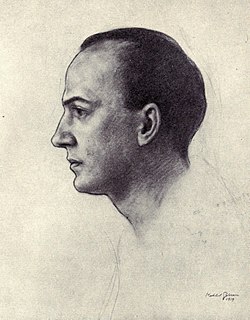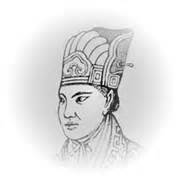A Quote by Julia Quinn
No one knows as well as I how much nonsense is printed in books.
Related Quotes
For as to the dispersing of Books, that Circumstance does perhaps as much harm as good: Since Nonsense flies with greater Celerity, and makes greater Impression than Reason; though indeed no particular species of Nonsense is so durable. But the several Forms of Nonsense never cease succeeding one another; and Men are always under the Dominion of some one or other, though nothing was ever equal in Absurdity and Wickedness to our present Patriotism.
After one has been in a lowly position, one knows how dangerous it is to climb to a high place, Once one has been in the dark, one knows how revealing it is to go into the light. Having maintained quietude, one knows how tiring compulsive activity is. Having nurtured silence, one knows how disturbing much talk is.
If you're doing nonsense it has to be rather awful, because there'd be no point. I'm trying to think if there's sunny nonsense. Sunny, funny nonsense for children — oh, how boring, boring, boring. As Schubert said, there is no happy music. And that's true, there really isn't. And there's probably no happy nonsense, either.
Some day, as soon as a book is printed it will be simultaneously put into digital form. That will be a wonderful research tool, but it will never substitute for holding the book. I feel certain that at least within my lifetime, everyone will still be going to the bookstore and buying printed books. Thank God I'll die before I have to worry about whether the printed book itself will disappear. That's something I don't want to live to see.

































